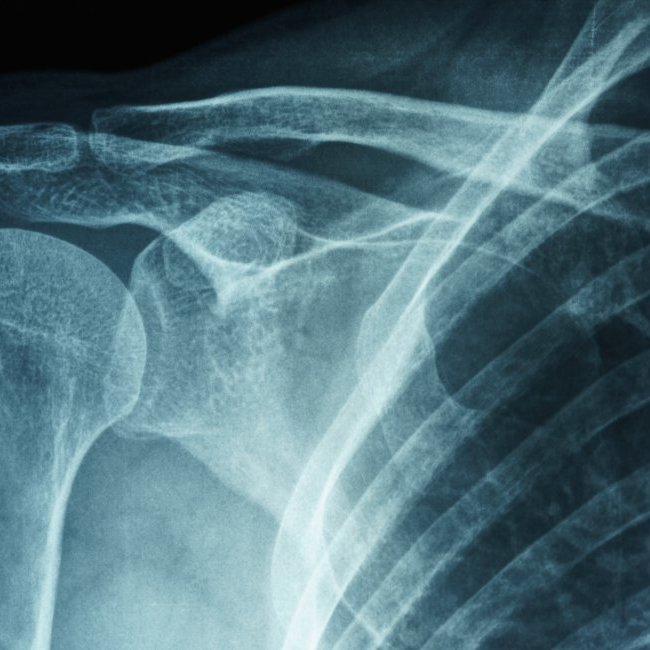


Physicians
Orthopedic Surgery
Shoulder & Knee
Sports Medicine
 Healthgrades
Healthgrades
Orthopedic Surgery
Shoulder & Knee
Sports Medicine
 Healthgrades
Healthgrades
Orthopedic Surgery
Shoulder & Knee
Sports Medicine
 Healthgrades
Healthgrades
Orthopedic Surgery
Shoulder & Knee
Sports Medicine
 Healthgrades
Healthgrades
Orthopedic Surgery
Shoulder & Knee
Sports Medicine
 Healthgrades
Healthgrades
Body parts
Your shoulder joint is made up of connective tissue, bones, ligaments and tendons. Frozen shoulder (adhesive capsulitis) is a condition in which the capsule of connective tissue in your shoulder joint tightens, causing movements to become painful or difficult.
Frozen shoulder can develop if you’ve stopped using your shoulder naturally. Maybe you’ve had a back issue or an injury that has limited your full range of motion. A stroke or recovering from surgery can also bring on frozen shoulder if it causes you to stop using your shoulder like you normally would.
Age and gender are also factors. The condition is more common in those over 40 more, women more so than men. Interestingly, frozen shoulder tends to involve the nondominant arm more than the dominant one.
If you’ve had a previous arm or shoulder injury, your risk for frozen shoulder is higher as well. Those with certain chronic conditions like diabetes or thyroid disorders are more susceptible to frozen shoulder as well.
Sometimes, frozen shoulder can develop because you’ve stopped using it naturally. Maybe you’ve had a back issue, or an injury, that has limited your full range of motion. A sudden event, like a stroke, or recovery from surgery such as a mastectomy, can also cause you to stop using your shoulder in a normal way. Age is a factor, with the condition affecting those over 40 more frequently; women are affected with the condition more often than men. If you’ve had a previous arm or shoulder injury, your risk is higher as well. And those with certain chronic conditions like diabetes or an under- or over-active thyroid are more susceptible to frozen shoulder.
When you come into the Orthopedic Institute of New Jersey (OINJ) office, your shoulder doctor will ask questions about your medical history, such as if you’ve had recent surgery or have any chronic diseases.
You will undergo a physical exam. Your OINJ shoulder doctor will test your active and passive range of motion to assess how well you can move your shoulder. Your OINJ shoulder doctor may also have you undergo an X-ray to see if there’s an underlying cause, such as shoulder arthritis or a broken bone.
If you are diagnosed with frozen shoulder, heat, gentle self-stretching, oral anti-inflammatory medications and physical therapy are the first steps in treatment. Your doctor may recommend a corticosteroid injection into the shoulder joint to bring down some of the inflammation and improve your progress with physical therapy. These injections can be done under ultrasound guidance or X-ray guidance to improve accuracy of the injection.
If you’re still hurting after trying non-operative treatment, surgery may be an option. Surgical treatment includes a minimally invasive release of your capsule using an arthroscopic approach followed by gentle manipulation of your shoulder while you are asleep. It is imperative to begin physical therapy immediately after surgery to preserve the shoulder motion that the surgery has achieved.